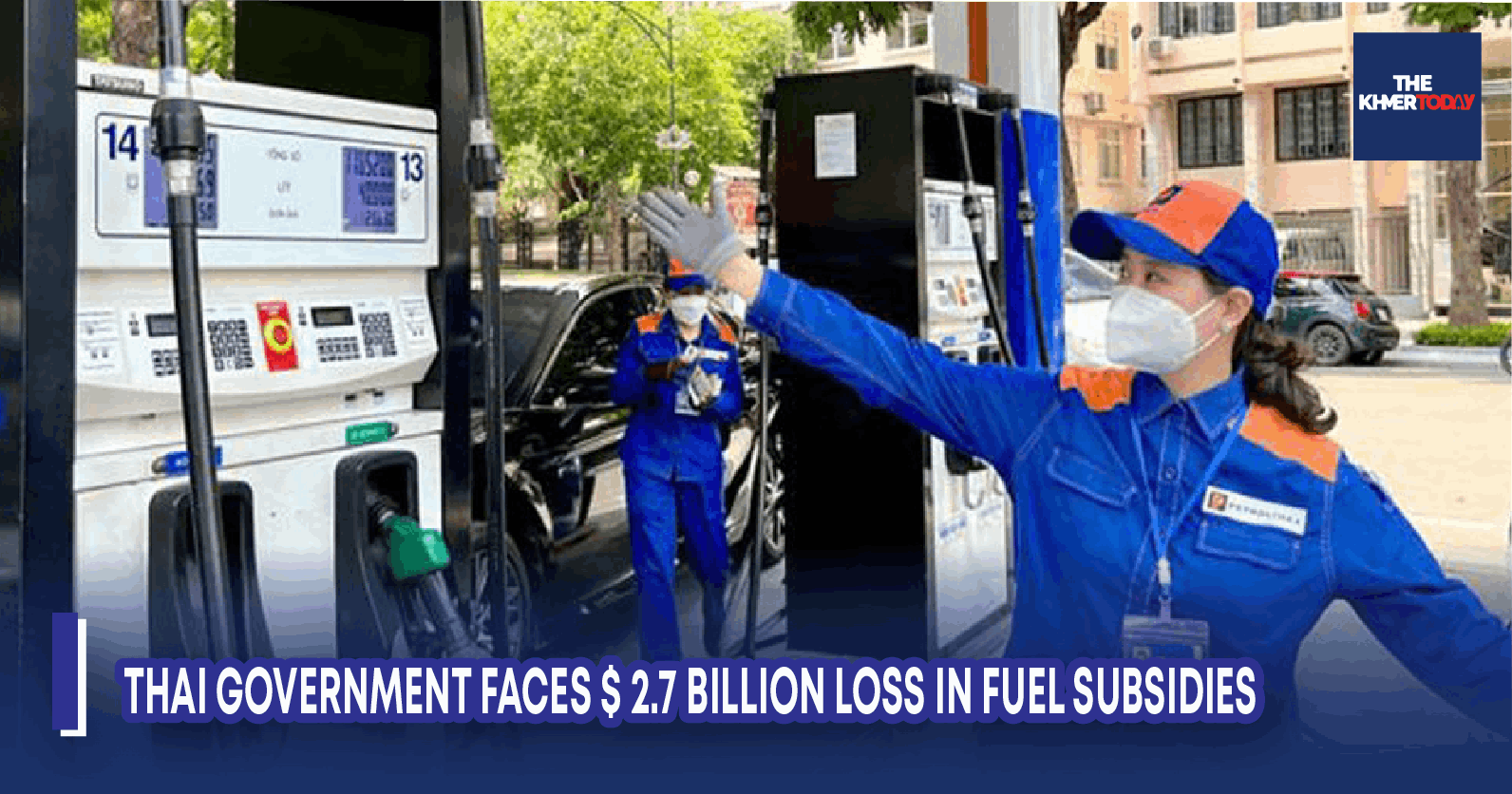Thai government faces $ 2.7 billion loss in fuel subsidies

BANGKOK: Government efforts to keep domestic diesel prices below 30 baht a liter through December will result in a loss of nearly 100 billion baht, according to the Office of the Petroleum Fund (Offo) ($ 2.7 billion) for the Fuel Fund. According to the release of the Bangkok Post.
Wisak Watanasap, director of the Petroleum Fund, said the global diesel price estimate will increase in the cold season as energy demand generally increases.
Global diesel prices rose to $ 116.7 per barrel on average from August to September 2022. The price rose to $ 176 a barrel in 2022 when the war between Russia and Ukraine erupted.
The Office of the Petroleum Fund is spending money from the fund to subsidize the price of diesel at 8.02 baht per liter and liquefied natural gas (LPG) at 9.2 baht per kilogram.
As of Oct. 3, the fund had lost 62 billion baht, up from 49 billion baht before the May general election, Wisak said.
Last year, during the effects of the Russia-Ukraine war, the total loss was 130 billion baht. The increased financial burden has led the Petroleum Fund to apply for billions of baht in loans from commercial banks.
Reducing the price of diesel is among the urgent policies of Prime Minister Setha Thavisin, which addressed its first meeting on setting new diesel prices from September 20.
The Thai government wants to reduce energy prices for drivers and manufacturers who use diesel as their main fuel.
To keep domestic diesel prices at 29.94 baht per liter, the government has reduced the tax on diesel to 3.67 baht per liter, down from 5.99 baht per liter in addition to spending. From the fund to support retail prices.
Wisak said the Office of the Petroleum Fund is monitoring factors that will affect global crude prices, including foreign exchange rates, interest rates on oil demand from China and OPEC oil supply controls.
Meanwhile, the Thai Energy Regulatory Commission (ERC) on Thursday decided to reduce the electricity tariff to 3.99 baht per unit (kilowatt hour) from 4.45 baht from this month to December. The reduction is in line with Prime Minister Setha Thavisin's policy to keep electricity prices below 4 baht per kilowatt hour to reduce business and household costs to boost the economy.
However, it has not yet been confirmed how much the state will have to pay for the subsidy, as the state has now lost 135.5 billion baht in subsidies on electricity.
Earlier, the Thai Energy Regulatory Commission calculated that the Electricity Authority would be able to clear losses related to its subsidies by April 2025 if the energy tax remained at 4.45 baht per kilowatt hour.